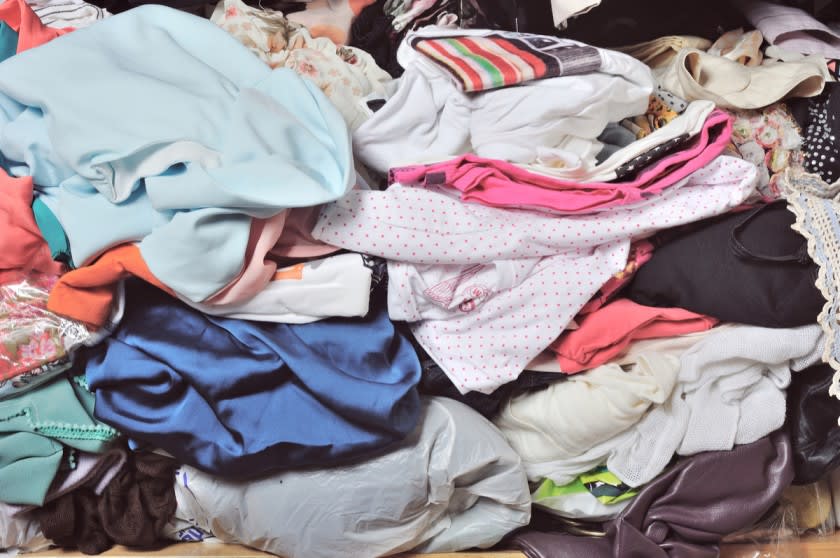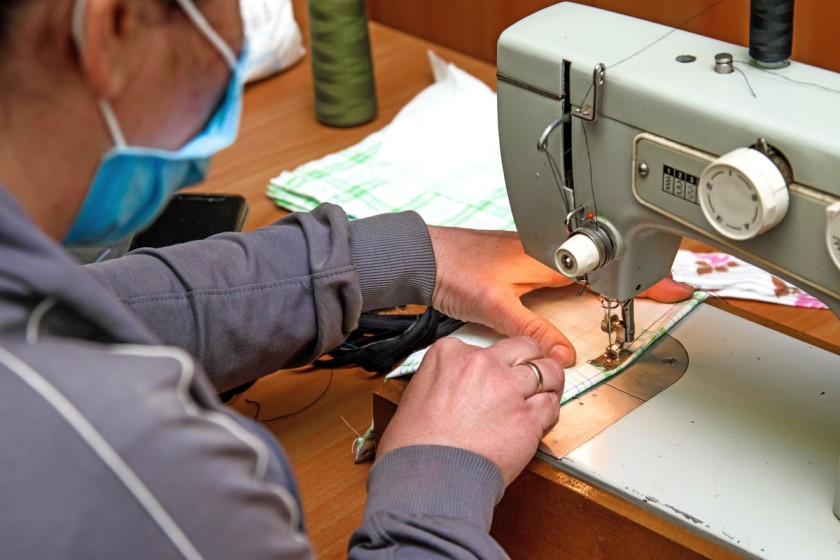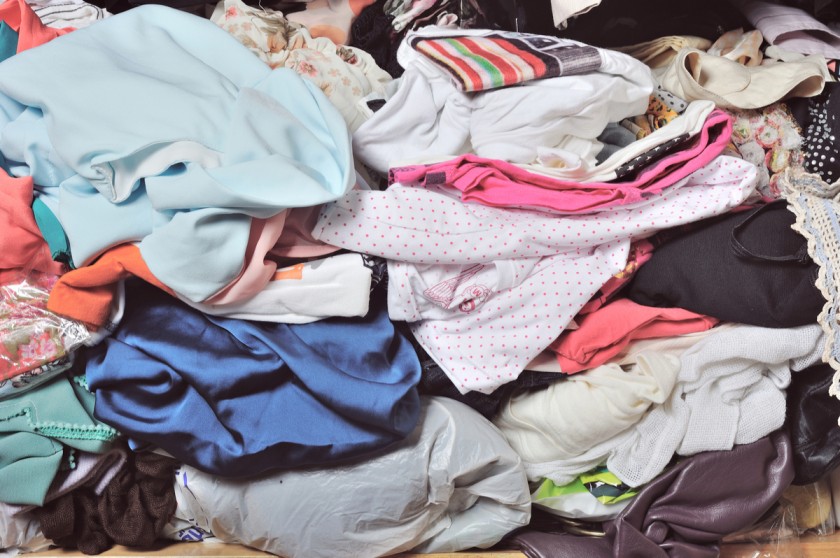Possible Internal Quality Failures of Apparel Industry That Every Business Should Be Aware Of



Are you a fashion brand owner looking to grow your brand? Or, are you planning to enter the apparel industry in the near future? If your answer is ‘yes, you must be aware of the possible challenges of the apparel industry. The fact is that numerous apparel brands have been unsuccessful due to several reasons such as lack of proper quality assurance and quality control, overexpansion with limited resources, fragmented and competitive nature, and so on.
However, among all these challenges, the lack of maintaining quality and control is probably the most worrying reason for the failure of most fashion brands.
Before you find out the success recipe of the fashion empire, you will need to figure out the possible reasons for these downfalls, so you can avoid these pitfalls. Let’s delve deeper into the possible reasons for internal quality failures of the apparel industry –
1. Inferior Material Quality
Some manufacturing brands aim at reducing manufacturing costs by compromising the raw material quality. However, customers do not like paying for material that isn’t up to scratch. Such practice has already brought enormous risk to many existing brands who have lost the loyalty of their customer base.
Nowadays, customers are much more educated, sophisticated, and quality-conscious. They will not continue to go with the apparel brands that cannot prioritize the quality of their materials.
Implementing an effective quality management process at each production step can be a solution. Here, instead of in-house quality management, brands should consider outsourcing this task to some textile quality professionals so that they can maintain the quality and sustainability of their apparel products.
2. Mishandling of Materials
Even though some brands would like to go with superior quality raw materials, their end products often don’t reach up to the mark. The reason behind this failure is the mishandling of raw materials and finished materials.
From storing materials to protecting fabrics from dust and transporting them carefully within internal departments – everything needs to be taken care of. Stains on the garments are often caused as they are left to lie on the bare floor.
3. Shortage of Resources

Once an apparel brand is off the ground and starts flourishing, business owners tend to expand their business with the existing resources. This causes massive errors to the brand. Since they don’t have the capacity, resources, and capital to meet all logistical challenges, the brand may soon come crashing down.
Apart from logistical challenges, the apparel industry also has issues such as supply chain management and financing concerns.
Of course, expansion is a major part of scaling a brand. But, expansion in this industry should be done only when plenty of resources and trained professionals are available. This way, brands can avoid a lot of problems and ensure their long lifespans.
4. Absence of Quality Monitoring Tools
There is no scope for improving product quality when it cannot be measured. Nowadays, a quality management system or quality control is a known theory in the garment manufacturing process. Various tools are available for monitoring product quality. Moreover, those tools follow several parameters for measuring the quality of products.
Unfortunately, most apparel brands are unaware of such tools for their factories. If used properly, these quality tools can lower the possibility of internal quality failures in the apparel industry.
5. Lack of Maintenance of Manufacturing Units
The garment manufacturing process requires various types of machinery and equipment. From fabric testing machines to fabric spreading tools and cutting machines to sewing machines – factory owners need to invest a large amount of money in these machines and equipment.
Instead of investing a large amount, the apparel industry often faces issues such as sewing mistakes, cutting defects, and pressing defects. These occur due to faulty machines or, to be more specific, poorly maintained machines.
All garment factories should ensure regular inspection and proper maintenance of all their equipment and machinery. If required, they can rely on outsourced professionals for these purposes.
6. Quality Checking by Untrained Personnel
In the apparel industry, the role of a quality checker is immense. Here, quality assurance does not just mean segregation of good and poor-quality products. On the contrary, quality assurance personnel need to do a lot of decision-making tasks.
When checking garment quality, quality checkers follow a number of parameters, tools, and other aspects. Moreover, they are responsible for sorting out faulty products from volumes of stitched garments. Only trained and experienced quality checkers can perform these tasks with ease.
In some garment factories, quality checkers are liable to show the workers where and how to correct the products. Therefore, before appointing a checker, the garment manufacturer ensures that they are appointing a well-trained and experienced professional.
7. Apparel Quantity Over Quality

In the apparel industry, there is always immense pressure to make production faster. In most cases, production managers and supervisors are well-aware of the pressure and know how to handle the situation. Accordingly, they prioritize quantity over quality to meet the target. This also occurs in the case of bulk export orders.
Nowadays, many apparel brands do not bother about the stitching quality of cloth. Many think that defects during manufacturing and stitching can be rectified and altered later. In reality, such rectifications can not happen later due to a lack of manpower or other issues.
The best practice is to prioritize garment quality over quantity, especially when an apparel brand has just started flourishing. Such businesses need to make the process error-free from scratch to maintain their reputation.
Final Thoughts
As an apparel brand owner, do you want to avoid such brand failure? Or, do you want to manage your manufacturing and quality assurance teams without any hassle? It is always better to prevent a disease than to treat it after it occurs.
That’s why you need to find out the right solution to streamline the entire process – from sourcing raw materials to manufacturing garments, maintaining sewing quality, to quality-checking with transparency. For all these purposes, contact Fashinza, a leader in building the fashion supply chain management.
Whether you need to contact a good apparel manufacturer, trained quality checker, or require technological guidance on the apparel industry, Fashinza is your one-stop solution for all needs.



















